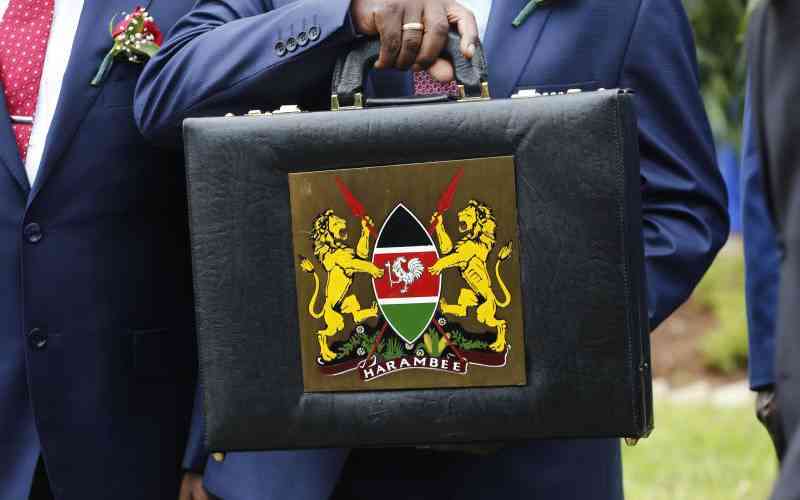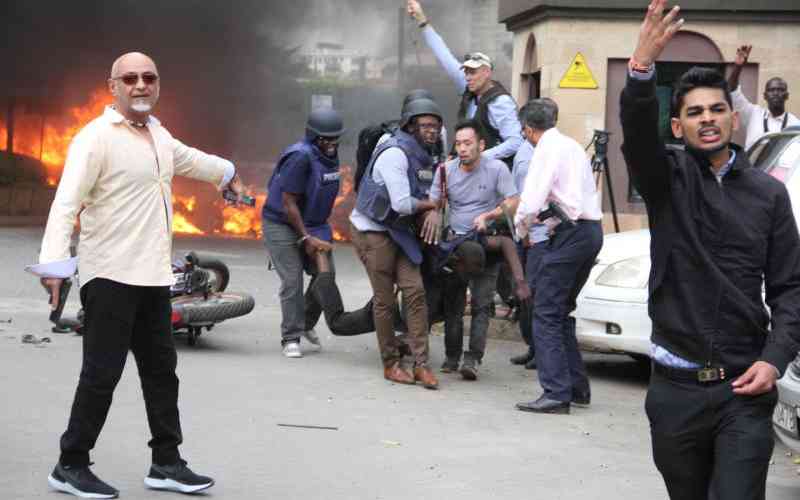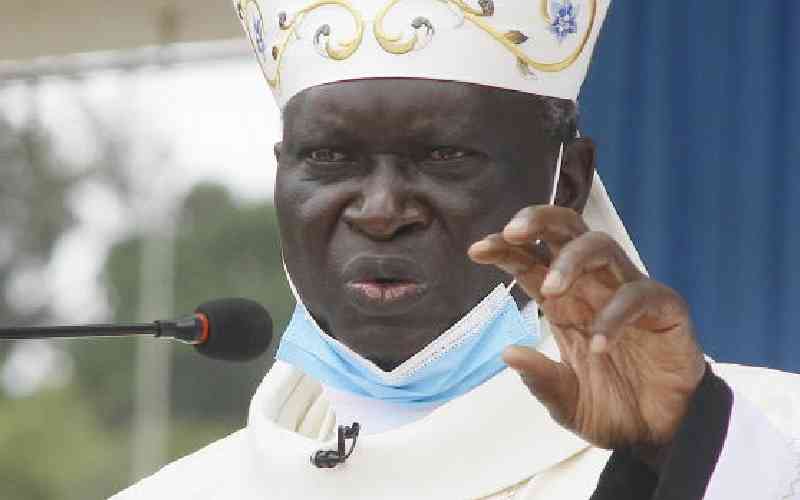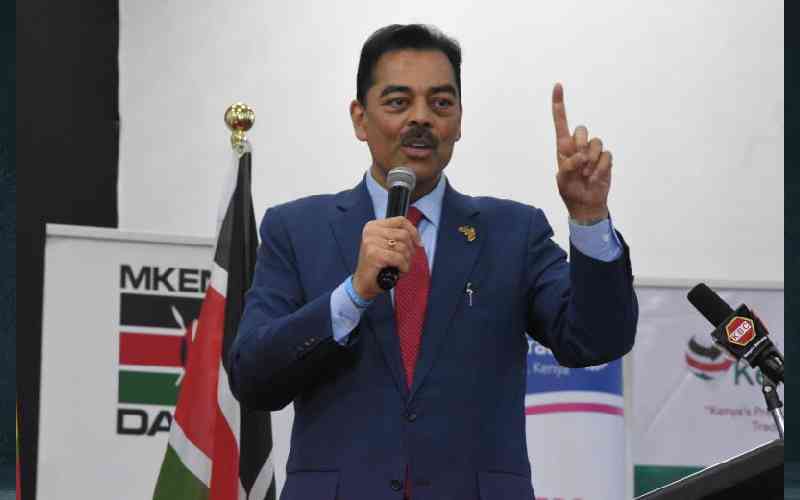
In the early 1990s, the Soviet Empire ended with a whimper, not a bang to quote poet TS Elliot.
It split into 15 republics with unique names like Uzbekistan, Belarus, Moldova and Georgia.
The firstborn among the republics was Russia, which inherited the nuclear weapons but not the global influence the Soviet Union used to wield.
The world held its breath as the Soviet Union fell apart, fearing that nuclear weapons would fall into the wrong hands. Luckily, the republics negotiated, and Russia got the ultimate nuclear prize.
Last week, we held our breath again as the Wagner Group threatened to march to Moscow. The fears of the 1990s haunted the world again. Who would assure the world that the nuclear arsenal would be in safe hands if Russia fell apart?
The West might not like President Putin, but who is the alternative and more assuring? That is why a deal with the Wagner Group's leader was a big relief.
Enough of politics. Let me take you back 30 years when the Cold War was ending and a cloud of uncertainty hung over the world. But the focus is on the economic aftermath of the Cold War. For the young, the Cold War was a period of geopolitical tension between the US and the Union of Soviet Socialist Republics (USSR) that lasted from the end of World War II to the early 1990s.
The West saw the end of the Cold War as their victory. And they did not stop at that. They needed to convert the new republics into a market economy.
Western and Russian economists came up with the famous shock therapy. Russia was to become a market economy overnight. The prices and currencies were freed, to be set by the market. Mass privatisation followed. The result was a lot of economic pains felt by men and women used to the certainties of communism.
That made it easy for Vladimir Putin and his allies to get power. Used to strongmen through Tsars, Russians seem to love the resulting stability.
But its leaders seem to long for the old Soviet Union. Noted Project Russia - the export of the Russian influence often forcibly? Remember the Sahel? Syria?
Could shock therapy work in Kenya? Our therapy is weaning ourselves off debt and relying more on taxes to finance our budget. Add removing fuel and energy subsidies.
Russia is rich in minerals including oil, a strong bulwark against the unintended consequences of the shock therapy. By shifting to higher taxes and removing subsidies, prices could rise just like in Russia after shock therapy.
The saving grace is that we are not coming out of the long shadow of one party like the Russian communist party or KANU. Our socio-political system has been liberalised for the last 32 years. That gives us the flexibility to adjust to the shock. We could learn from past shocks. Remember the price hikes after Goldenberg?
Stay informed. Subscribe to our newsletter
Without exporting oil and other minerals like Russian, we could suffer an economic shock. Did you see the Central Bank of Kenya (CBK) raise interest rates to dampen the shock?
Higher interest rates will mute the effect of tax hikes but dampen economic growth. The slowdown in growth could be another face of shock therapy.
We hope the threat of fresh street protests will not amplify the shock. Remember the Covid-19 shock? Why do we rarely say our economy is in recession?
The Kenya Kwanza government seems to have decided it's time to shock the voters. They will recover in time for the next polls. It can then tell us: "I told you."
Curiously, just like Russian shock therapy, our therapy is prescribed by Western-educated economists urged on by the International Monetary Fund (IMF). Could the shock therapy shock the shocker? By 2027, it will be too late to blame the Jubilee regime for the economic woes. Kenya Kwanza will take full responsibility. The shock for the government would be if the therapy does not work. The shocker will be shocked. As things stand now, Kenya Kwanza's shock therapy must work. If it does not, the opposition will be smiling all the way to the polling booths.
The answer to a few questions will explain if the Kenya Kwanza administration can mitigate against shock therapy in the next five years.
Will the shilling regain its lost value? Will prices come down? Shall we stop borrowing? Shall we create more jobs?
Will more hustlers become sonkos (rich), rewarded by going beyond the call of duty? Will the rain always fall on time? If the answer to these questions is yes, we should welcome the therapy with open arms.
The biggest hurdle in shock therapy is the external environment, which we can't control, from Covid-19 to the war in Ukraine. Add the long shadow of political uncertainty.
In Russia, the lasting political legacy of economic shock therapy was the rise of an influential leader - Vladimir Putin. Will the same happen in Kenya?
 The Standard Group Plc is a
multi-media organization with investments in media platforms spanning newspaper
print operations, television, radio broadcasting, digital and online services. The
Standard Group is recognized as a leading multi-media house in Kenya with a key
influence in matters of national and international interest.
The Standard Group Plc is a
multi-media organization with investments in media platforms spanning newspaper
print operations, television, radio broadcasting, digital and online services. The
Standard Group is recognized as a leading multi-media house in Kenya with a key
influence in matters of national and international interest.
 The Standard Group Plc is a
multi-media organization with investments in media platforms spanning newspaper
print operations, television, radio broadcasting, digital and online services. The
Standard Group is recognized as a leading multi-media house in Kenya with a key
influence in matters of national and international interest.
The Standard Group Plc is a
multi-media organization with investments in media platforms spanning newspaper
print operations, television, radio broadcasting, digital and online services. The
Standard Group is recognized as a leading multi-media house in Kenya with a key
influence in matters of national and international interest.





